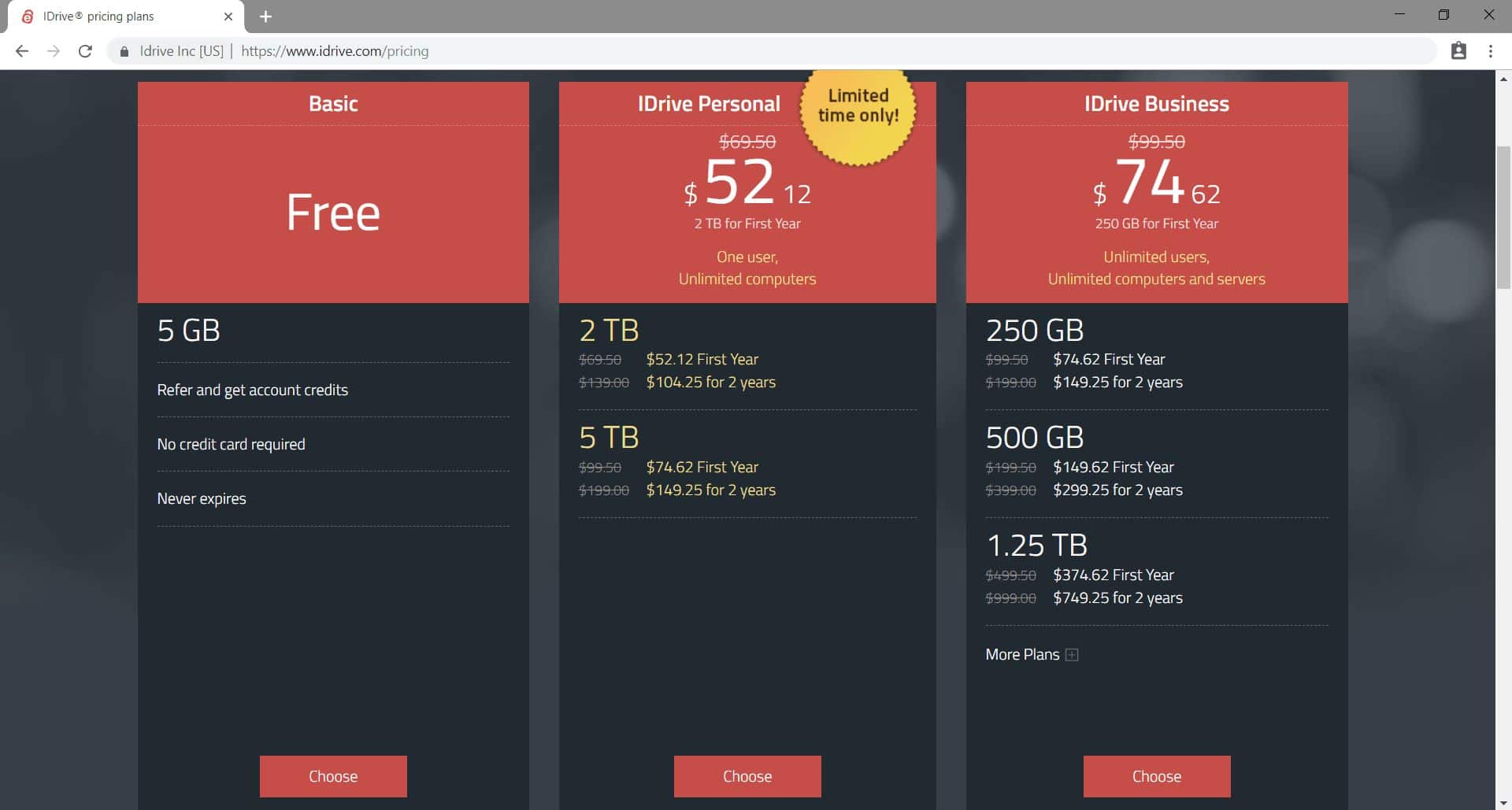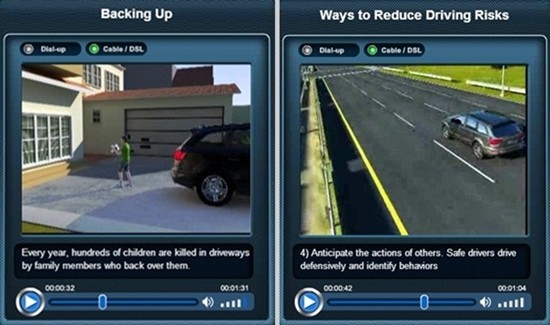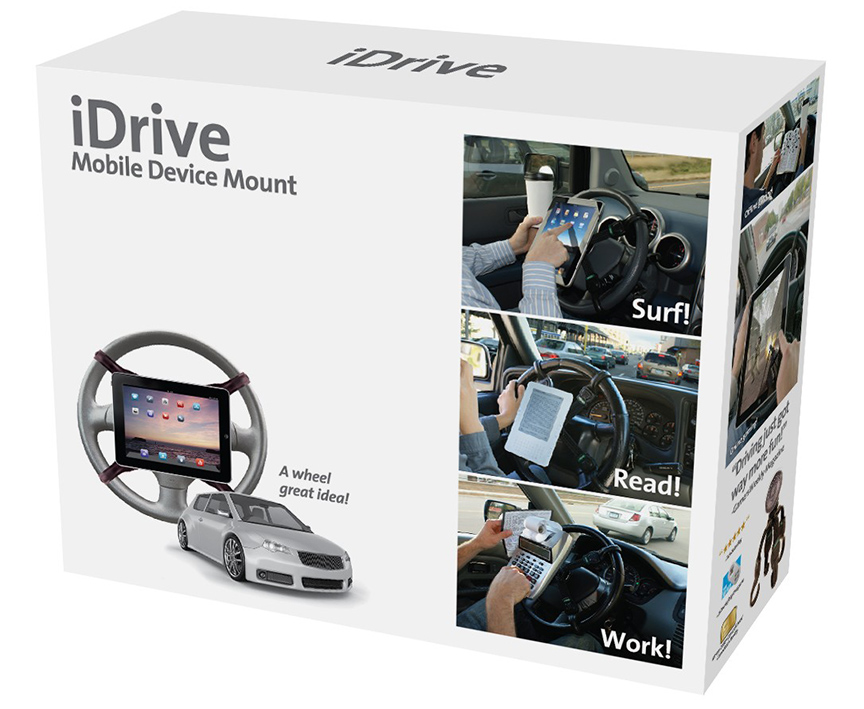
Thankfully, as with most potential problems that come with the use of new technologies, there are also new solutions in place to counteract these issues. When some estimate that 70 million smartphones are lost each year, it is clear that this is a fairly common problem. These essential tools are used to store favorite photos, family histories, journals and other items that are truly irreplaceable. If your computer were to get a virus or you lost your smartphone, you could also lose all the files associated with that device.įor most people, their smartphone and computer hold much more than contact lists and calendar reminders. While this can certainly make it easier to keep things organized, there are also understandable risks that come with using digital devices.

Each platform also uses block-level transfer, a system that reduces the amount of data that needs to be sent to the cloud when updating files that have already been backed up.Regardless of whether you use a desktop computer, a tablet, a smartphone or several of these devices, there is no denying that more of your information is being stored digitally than ever before. This is helpful if you want to limit how much bandwidth your data transfers use while you’re working. You can also request a hard drive with your files to restore large amounts of data.Ĭarbonite doesn’t offer a similar service, so initially backing up your computer to the cloud can take several days.īoth IDrive and Carbonite enable you to throttle or pause your uploads at any time.

Your subscription comes with IDrive Express, a physical hard drive delivery service. Simply request a drive to be mailed to you, transfer your files onto it via USB, and mail it back to IDrive to have your files uploaded to the company’s servers directly. IDrive also stands out if you have terabytes of data to upload to the cloud or restore to your computer. By contrast, Carbonite took 25 minutes to download the same folder. On the plus side, Carbonite’s desktop client is incredibly easy to use and gives you the option to restore files immediately upon opening. We also restored 1.1GB of files from the cloud, and found that IDrive took around 18 minutes. IDrive completed the transfer in just over 90 minutes, while Carbonite took over three hours. We tested out both services by uploading a 16.8GB zip folder. IDrive is one of the fastest backup services we’ve tested, while Carbonite lags far behind.

Carbonite was slower than IDrive at both uploading and restoring files (Image credit: Carbonite)


 0 kommentar(er)
0 kommentar(er)
